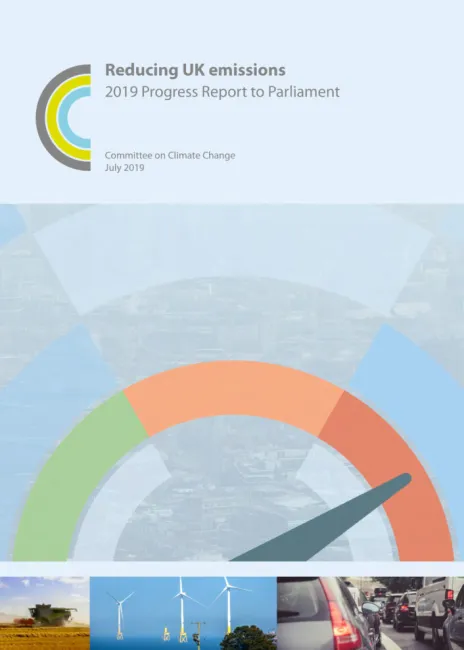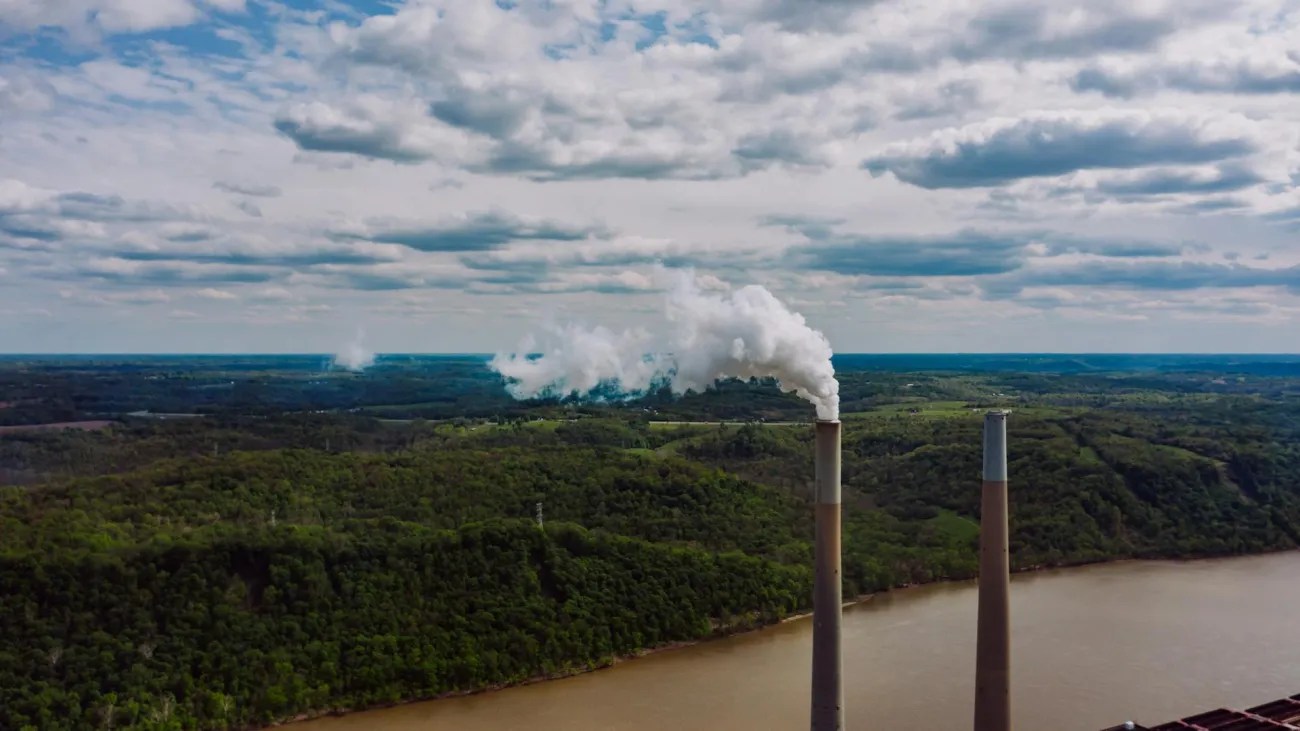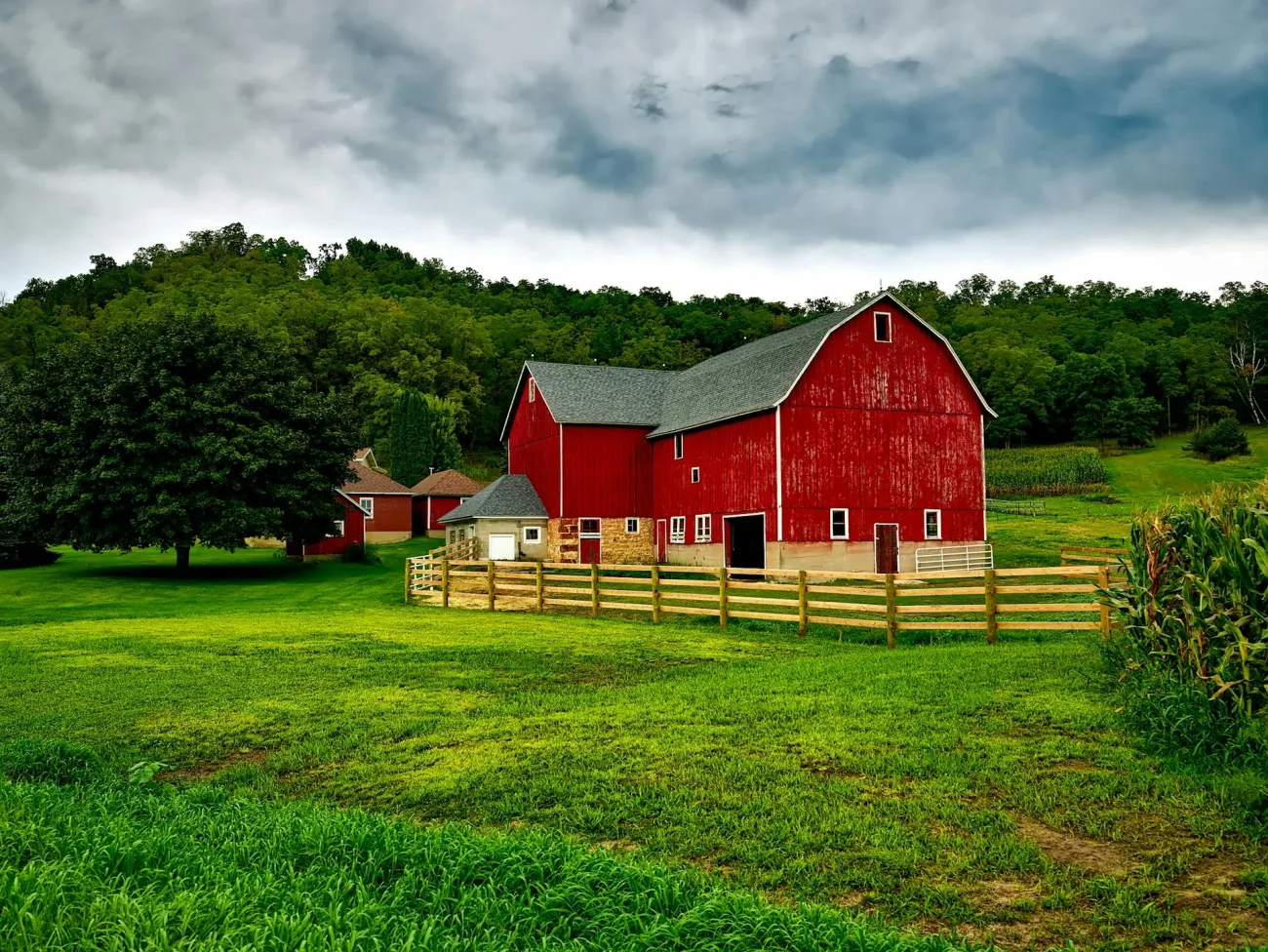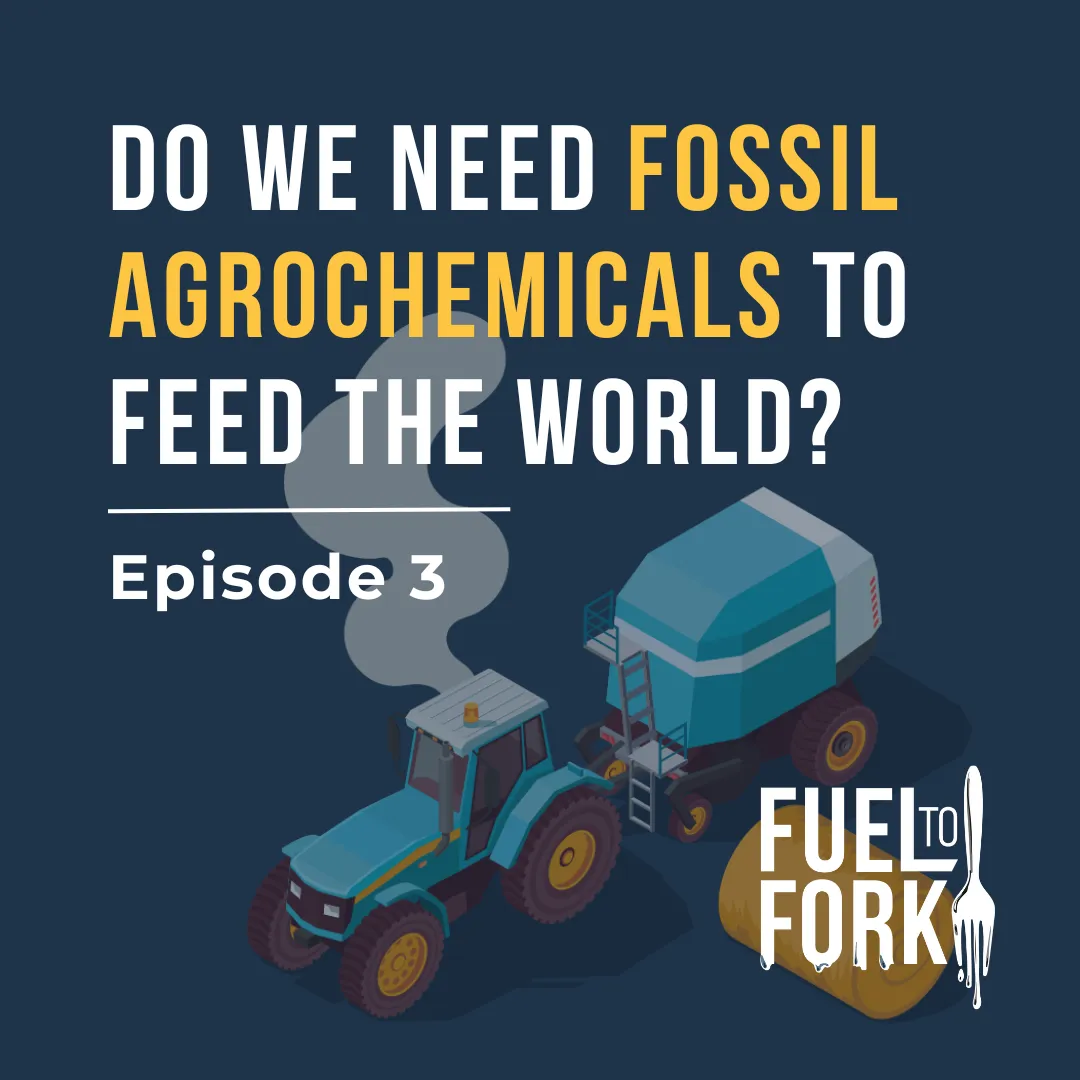This report from the UK’s Committee on Climate Change (CCC) sets out the UK’s current progress towards its climate goals. It finds that, since June 2018, the UK government has only delivered 1 out of 25 essential policies needed to cut emissions and only 7 out of 24 progress indicators are on track.
Image

The report recommends that:
- Net-zero policy is embedded across all levels and departments of Government
- Government policies to reduce UK emissions to net zero are business-friendly
- The public are fully engaged in the UK’s net-zero transition
- The UK strongly leads international action to tackle climate change
FCRN readers may be particularly interested in the following food-relevant items:
- UK agricultural emissions, while 16% lower in 2017 than in 1990, have not fallen significantly since 2008. The majority of the UK’s agricultural emissions (56%) are methane. 47% of the UK’s agricultural emissions are from livestock digestion and a further 25% comes from soil management, mostly from nitrogen fertiliser.
- The CCC recommended replacing agriculture’s voluntary industry-led emission reduction framework with a stronger framework - this has not yet been done.
- Partial progress has been made towards allocating funding to agricultural emissions reduction projects and towards setting out a legal framework (to replace the EU’s Common Agricultural Policy) that links financial support to agricultural emissions reduction and increased carbon sequestration.
- The production of agricultural goods has the largest contribution to emissions from imports to the UK.
- The report recommends strengthening plans to recycle more waste and reduce food waste in England.
- The report recommends shifting one fifth of agricultural land to afforestation, biomass production and peatland restoration. Afforestation rates in Scotland have recently risen, but in the rest of the UK are low relative to the required rates.
- If decarbonising goods such as steel, cement, fossil fuels, red meat and dairy proves to be infeasible, UK demand for these goods must fall in order to reduce emissions (calculated on a consumption basis).
Read the full report, Reducing UK emissions – 2019 Progress Report to Parliament, here. See also the Foodsource chapter How can we reduce food-related greenhouse gas emissions?
PUBLISHED
16 Jul 2019




Comments (0)